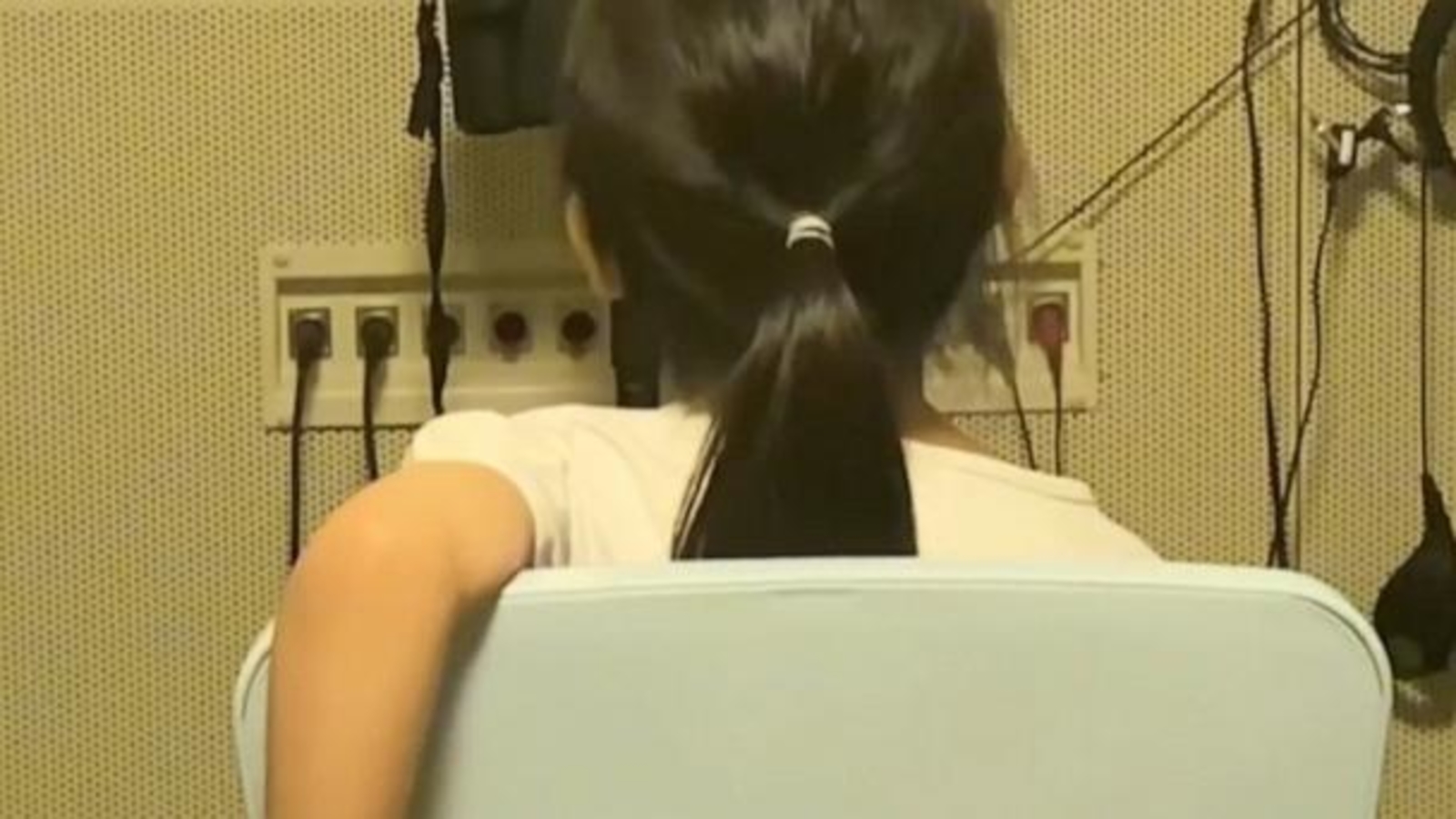
Children with Hereditary Deafness Regain Hearing Through Gene Therapy, Study Finds
In a groundbreaking study published on Wednesday, children with hereditary deafness were able to regain their hearing through a type of gene therapy. The clinical trial, co-led by investigators from Mass Eye and Ear, a specialty hospital in Boston, focused on six children with DFNB9, a form of genetic deafness.
The Cause of Deafness
DFNB9 is caused by mutations of the OTOF gene, which prevents the production of otoferlin, a protein necessary for transmitting sound signals from the ear to the brain.
The Clinical Trial
The trial took place at Eye & ENT Hospital of Fudan University in Shanghai and began in December 2022. It involved the use of an inactive virus carrying a functioning version of the OTOF gene. The virus was carefully introduced into the inner ear of the six children at varying doses, and they were observed for 26 weeks.
Positive Results
Results published in The Lancet revealed that five out of the six children, who were initially classified as completely deaf, regained their hearing and the ability to conduct normal conversations. This marks the first human clinical trial to use gene therapy for treating this condition, with the largest number of patients treated and the longest follow-up period.
Impact on the Field
Dr. Zheng-Yi Chen, an associate scientist at Mass Eye and Ear and associate professor at Harvard Medical School, expressed excitement about the milestone achieved through this study. He emphasized the significant impact it will have on the field, as there is currently no FDA-approved drug to treat any type of hearing loss.
Importance of Early Detection
Dr. Chen highlighted the importance of early hearing screenings for infants, as hearing loss can significantly impact their development. He emphasized that communication is essential during the first three years of a child’s life, and if they cannot hear or communicate, their brain development may be severely affected.
Future Steps
The next steps for the researchers are to expand the study by enrolling more patients for a larger clinical trial and extending the follow-up period. The goal is to ensure the effectiveness of the treatment and potentially expand its application to treat other types of genetic deafness.
The findings from this clinical trial will be presented at the Association for Research in Otolaryngology Annual Meeting in Anaheim, California on February 3.

